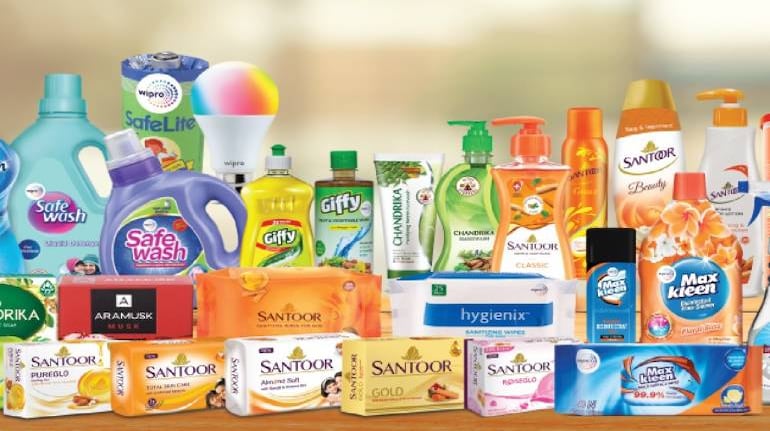



Wipro Consumer Care and Lighting, a unit of Wipro Enterprises and Lighting, has seen high single-digit growth in its FMCG business in India in the first quarter of the financial year 2022, despite a challenging environment due to COVID-19, company CEO Vineet Agrawal told at a media round table on Wednesday.
“India has done reasonably well but the numbers are in high single digits. We had grown 10 percent in the first quarter of FY21, and, hence, had a higher base as compared to other FMCG companies, which saw a decline in Q1 of FY21,” said Agrawal.
According to Agrawal, the company has performed well in international markets, which contribute about 60 percent to the company’s business.
“Malaysia has done well for us and grew 20 percent, but it’s on a lower base. Vietnam has grown 7 percent, Middle East business reported 8 percent growth and South Africa continues to grow well at about 30 percent,” said Agrawal.
For the financial year 2021, Wipro Consumer Care and Lighting reported Rs 8,400 crore in sales, with an operating margin of 12.7 percent. Its FMCG business in India for the period grew 17.3 percent, while volume growth stood at 15.8 percent. The company’s soap brand witnessed a double-digit growth for FY21 and crossed Rs 2,150 crore in sales.
Rural growth staggers
Unlike last year, when rural India outstripped urban India in growth, the second wave of COVID-19 impacted the hinterlands, too, Agrawal said.
“The rural regions were impacted significantly higher than last time as people there experienced a high number of cases and were hesitant to step out and were in a cash- conserving mode,” he said.
The company draws about 50-55 percent from its Santoor soap sales from rural areas. Other brands such as Yardley and Chandrika are more urban-centric and account for only 15 percent of sales in rural areas.
Unlike last year, when rural areas grew at double the pace of urban areas, Agrawal said, this time around, rural areas might be only marginally higher.
Margin pressure remains
While the prices of raw materials such as palm oil, a key ingredient for the manufacturing of soaps, cooled down in June, prices were much higher than last year and the company’s margins remained affected.
“Last year, in the first quarter, our margins were much better as palm oil prices were at an all-time low. After seeing a dramatic rise, in June, prices came down but remained 70 percent higher than in Q1FY21,” Agrawal informed. “We have not gone in for as much price increase to compensate for it fully. So margins do get affected in quarter one of this year.”
The company hiked the price of Santoor in March and again in June. Overall, the soap brand’s price has risen by 8 percent. However, Agrawal added that prices are not expected to climb further, going ahead.
Discover the latest Business News, Sensex, and Nifty updates. Obtain Personal Finance insights, tax queries, and expert opinions on Moneycontrol or download the Moneycontrol App to stay updated!
Find the best of Al News in one place, specially curated for you every weekend.
Stay on top of the latest tech trends and biggest startup news.